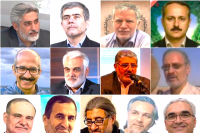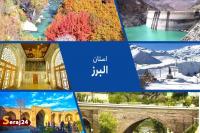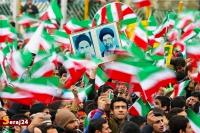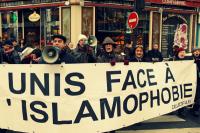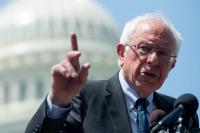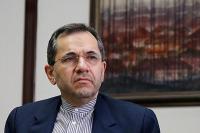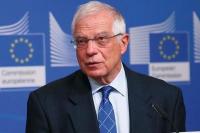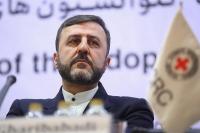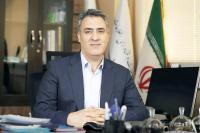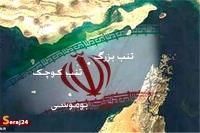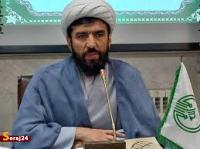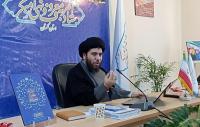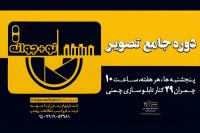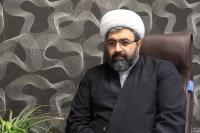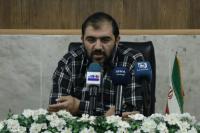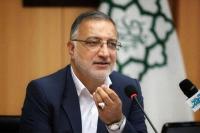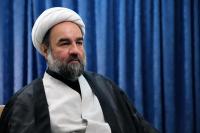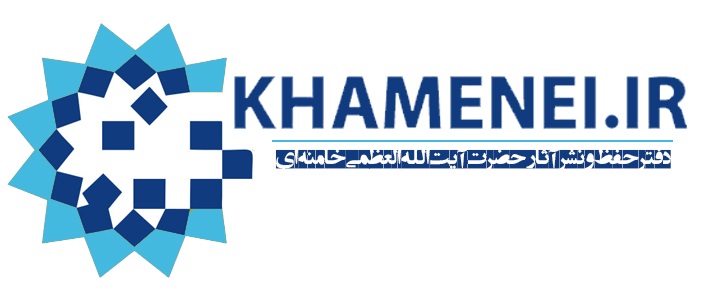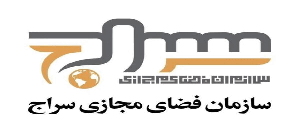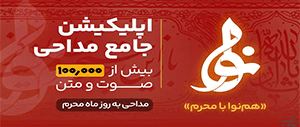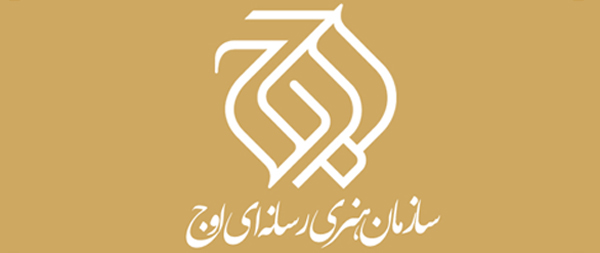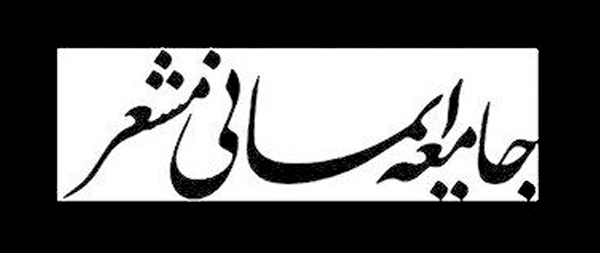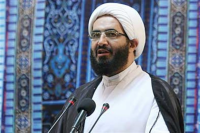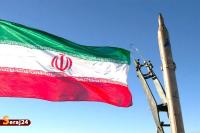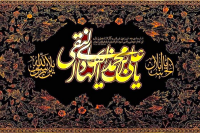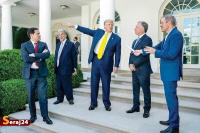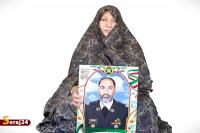
An army unit carried out a special operation in the town of Douma in Damascus Countryside, killing and injuring many terrorists and destroying one of their hideouts, SANA reported.
The Armed Forces targeted a terrorist gathering near the Municipality and destroyed a number of vehicles used by terrorists. One of the dead terrorists was identified as Samir Marjaneh.
Units of the Armed Forces carried out operations against terrorists, inflicting heavy losses upon them, and destroyed terrorists' dens and gatherings in Daraya, Hejjira and al-Bahdalia in Damascus countryside.
An official source told SANA that the Army units clashed with terrorists groups in al-Furon, train station, al-Shrida square and to the south of al-Sayyed Sakina shrine in Darraya, killing and injuring scores of terrorists including two snipers.
The source added that another Army unit dismantled two explosive devices planted by terrorists in al-Fourn area each weighting 40Kg.
In the same context, another Army unit killed and injured 12 terrorists in Gorba neighborhood in Hejjira town, adding that another Army unit eliminated 8 terrorists in the Southern neighborhood in al-Bahdalia.
Meanwhile, a military source said that units of the armed forces foiled armed terrorist groups' attack against two military checkpoints in al-Qseir and Palmyra in Homs countryside, inflicting heavy losses upon terrorists.
The source said that the army killed a number of terrorists, injured others and destroyed a number of their cars with all weapons and ammunition inside them.
The source pointed out that a unit of the armed forces destroyed two pick-up cars with all weapons and ammunition inside them near Bait Amoun mosque in Jousieh and killed a number of terrorists who were perpetrating looting acts in the area.
In the same context, units of the armed forces confronted a number of terrorists who were infiltrated into Baba Amro neighborhood in Homs.
The clash resulted in the killing of a number of terrorists and the injury of others.
The source added that the armed forces continue chasing the rest of terrorists who infiltrated the neighborhood.
Syria has been experiencing unrest since March 2011 with organized attacks by well-armed gangs against the Syrian police, border guards, statesmen, army and the civilians being reported across the country.
Thousands of people have been killed since terrorist and armed groups turned protest rallies into armed clashes.
The government blames outlaws, saboteurs, and armed terrorist groups for the deaths, stressing that the unrest is being orchestrated from abroad.
In October 2011, calm was almost restored in most parts of the Arab state after President Assad started a reform initiative in the country, but Israel, the US and its Arab allies brought the country into chaos through every possible means. Tel Aviv, Washington and some Arab capitals have been staging various plots in the hope of increasing unrests in Syria.
The US daily, Washington Post, reported in May, 2012 that the Syrian rebels and terrorist groups battling Assad's government have received significantly more and better weapons in recent weeks, a crime paid for by the Persian Gulf Arab states and coordinated by the United States.
The newspaper, quoting opposition activists and US and foreign officials, reported that Obama administration officials emphasized the administration has expanded contacts with opposition military forces to provide the Persian Gulf nations with assessments of rebel credibility and command-and-control infrastructure.
According to the report, material is being stockpiled in Damascus, in Idlib near the Turkish border and in Zabadani on the Lebanese border.
Opposition activists who several months ago said the rebels were running out of ammunition said in May that the flow of weapons - most bought on the black market in neighboring countries or from elements of the Syrian military in the past - has significantly increased after a decision by Saudi Arabia, Qatar and other Persian Gulf states to provide millions of dollars in funding each month.
Earlier this month, Syrian Parliament Speaker Mohammad Jihad al-Laham said President Bashar al-Assad's government is ready to start talks with opposition groups without any precondition.
"… God willing we will win through (maintaining) unity and integrity and we have no precondition for sitting at the negotiating table for talks," al-Laham told FNA in Damascus.
He noted that the Syrian people are relying on their national possibilities to get rid of the current crisis, and stressed, "The door of negotiation and dialogue is open to everyone, and everyone can sit at the negotiating table to first put an end to the Syrian citizens' pains and sufferings and then provide a safe exit from the crisis for the Syrian people."



